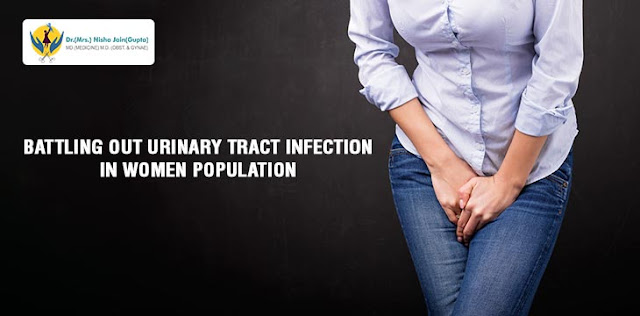Knowing Your Thyroid levels a Must Fact Before the Onset Of Pregnancy
Pregnancy has an intense influence on the thyroid gland and thyroid function since the thyroid may meet variations throughout pregnancy. The diagnosis and treatment of thyroid disease during pregnancy and the postpartum is complex but knowledge regarding the interaction between the thyroid and pregnancy/the postpartum period is advancing at a rapid pace.
Even before conception, thyroid ailments that have been delayed or left untreated can hinder a woman’s ability and can even lead to miscarriage. Thanks to the advancement the medical Field which made it easier to sort any thyroid related problems that affect pregnancy very easily. The intricacy lies in identifying a thyroid problem during a time when some of the principal assessments like fatigue, constipation and heat intolerance can be either the normal side effects of pregnancy or signs that something is wrong with the thyroid.
Role Of Thyroid During Initial Phase Of Pregnancy
Females who are pregnant or planning to become pregnant, discovering their thyroid problem is important because thyroid hormone plays a vital role in the normal brain development of a fetus. During the initial phase of pregnancy, babies get thyroid hormone from their mothers and once the baby’s thyroid is developed, it obtains its own thyroid hormone.
When the mother takes a prenatal vitamin with a sufficient amount of iodine it could be one of the best approaches to guarantee that the iodine reaches the unborn child with ease. Not all prenatal vitamins include iodine, so please check the labels properly.
Thyroid Disorders And Miscarriage
A woman with untreated hypothyroidism is at the greatest risk for a miscarriage during her first trimester. Unless the case is mild, women with untreated hyperthyroidism are also at risk for miscarriage.
Who Should Be Tested?
Despite the influence, thyroid condition can have on a mother and baby, whether to have a TSH test for every pregnant woman continues to be a controversial topic.
However, all the doctors recommend that all women who are at high risk for thyroid disease or those undergoing symptoms should have their TSH examined. It is an estimate of free thyroxine blood tests and other thyroid blood tests if justified.
As already discussed that if a woman has a history of thyroid disease is suffering from diabetes of Type1 or with any other auto immune disease she is at a higher risk and should discuss all such condition with her obstetrician or family physician to be safer during pregnancy phase.
However, all the doctors recommend that all women who are at high risk for thyroid disease or those undergoing symptoms should have their TSH examined. It is an estimate of free thyroxine blood tests and other thyroid blood tests if justified.
As already discussed that if a woman has a history of thyroid disease is suffering from diabetes of Type1 or with any other auto immune disease she is at a higher risk and should discuss all such condition with her obstetrician or family physician to be safer during pregnancy phase.
How Hypothyroidism Could Be A Threat During Pregnancy?
A woman who might be suffering from Hashimoto’s thyroiditis or with an already exhausted thyroid gland, thyroid hormone levels may see a further decline during pregnancy. Therefore, women with an undetected mild thyroid problem may suddenly find themselves with pronounced symptoms of hypothyroidism after becoming pregnant.
For a woman being treated for hypothyroidism, it’s crucial to have her thyroid examined as soon as the pregnancy is identified so that medication levels may be corrected.
Females hypothyroidism, even a mild version, may add to pregnancy complications. If treated with sufficient amounts of thyroid hormone replacement, it significantly lessens the risk for progressing pregnancy complications associated with hypothyroidism, such as premature birth, preeclampsia, miscarriage, postpartum hemorrhage, anemia, and abrupt placenta.
So, if you are pregnant with a hypothyroid condition, TSH levels must be checked one to two weeks after the primary dose correction to be sure it’s normalizing. Once the TSH levels drop, less periodic check-ups are needed during the pregnancy.
Reference
If you are pregnant and suffering from thyroid relate issues you do not need to worry as DR Nisha jain , the best IVF specialist in Delhi can help you reduce the risk for increasing pregnancy complications associated with hypothyroidism.
Content Source: https://www.drnishajain.com/blog/knowing-your-thyroid-levels-a-must-fact-before-the-onset-of-pregnancy/




Comments
Post a Comment